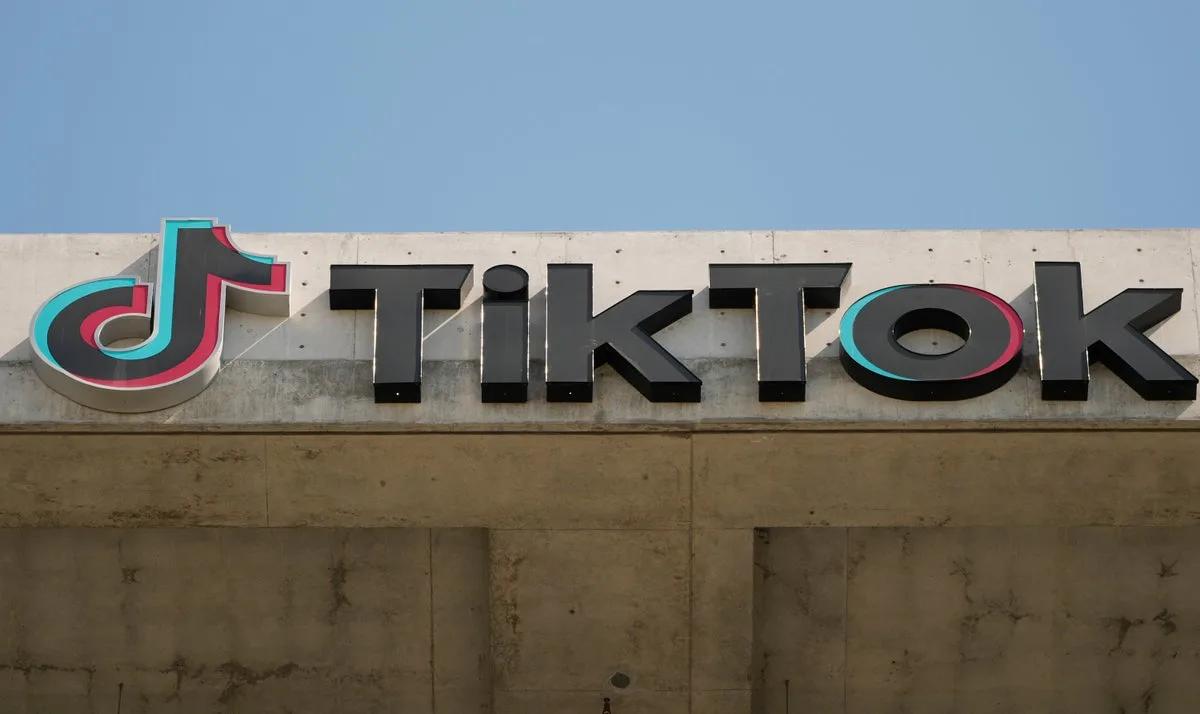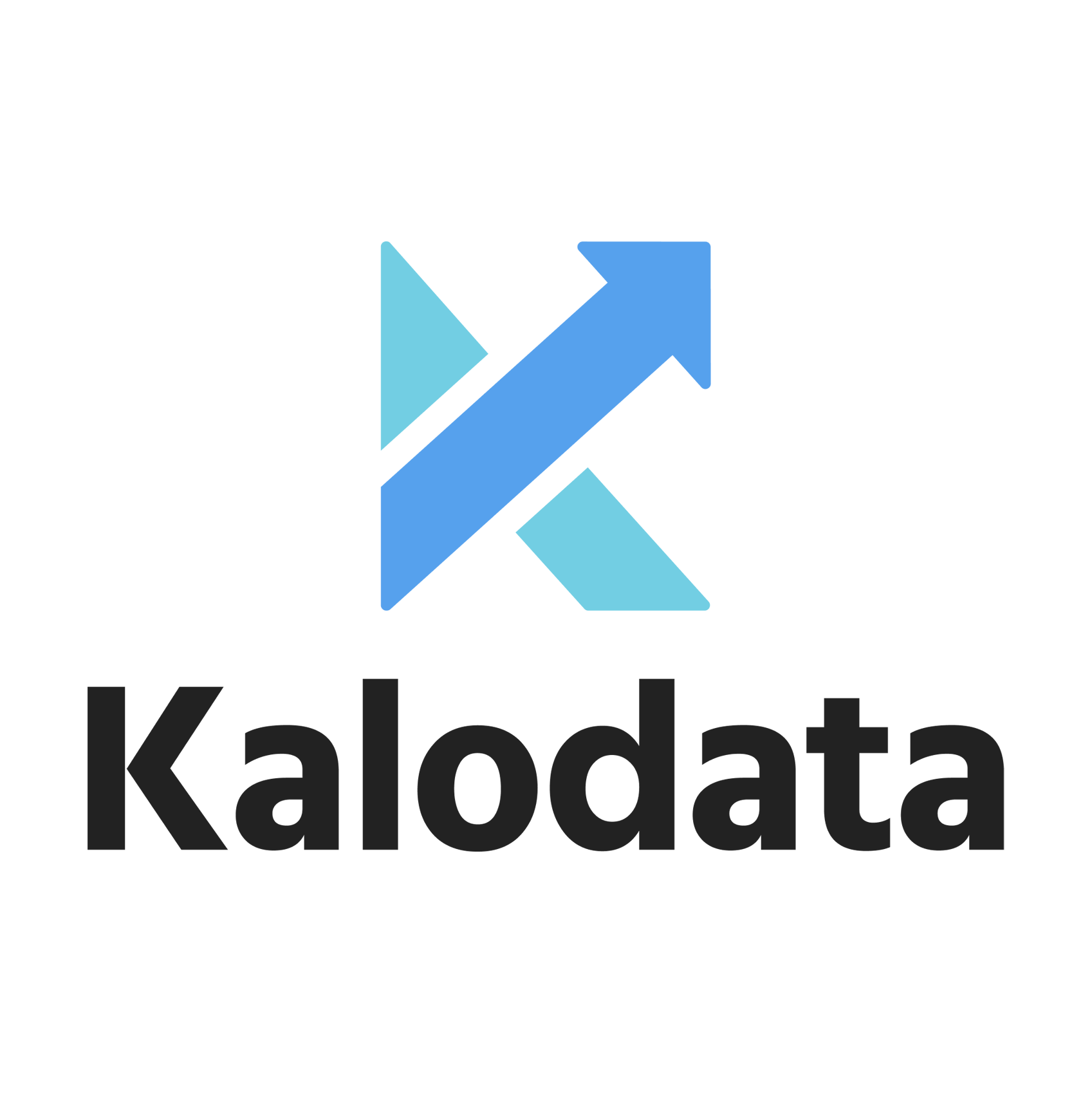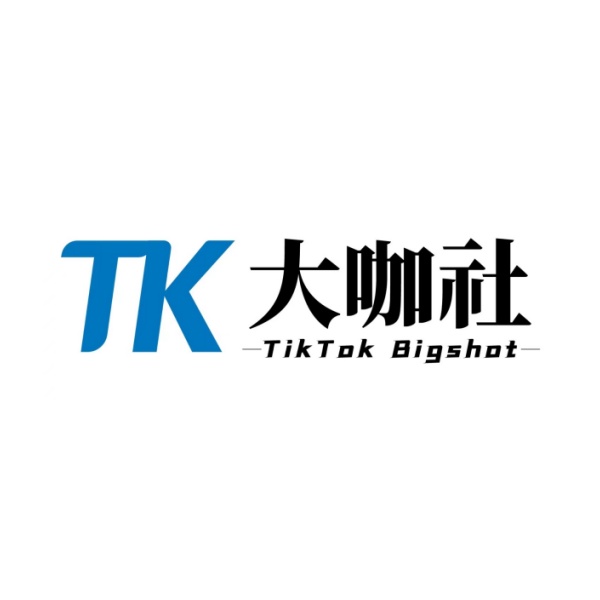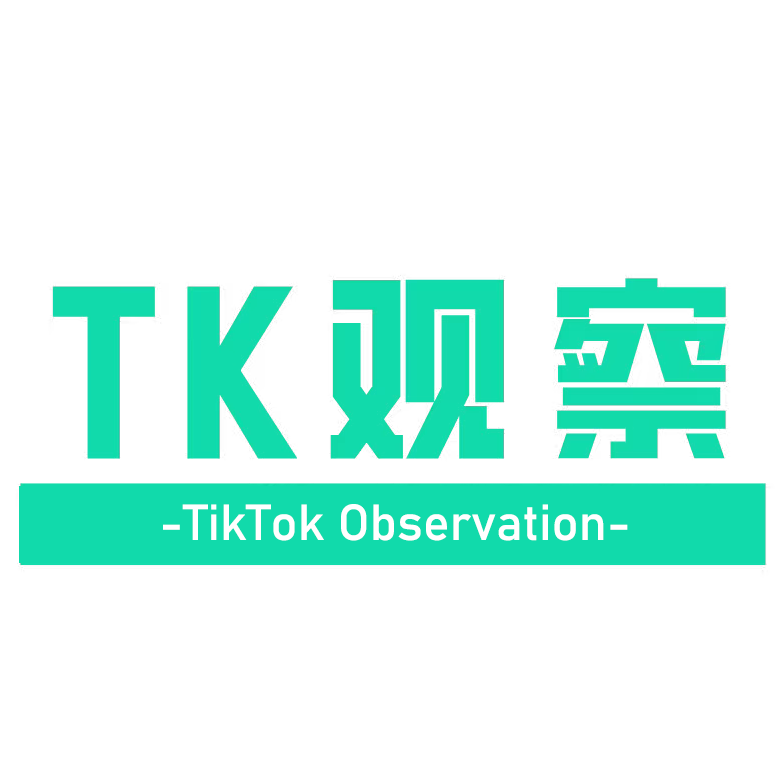One in five young voters prefers TikTok and Instagram for election news, poll reveals

TKFFF · 2024-06-25 15:09
 The popular video platform has become a source of information on the election (AP)
As the country gears up for a general election in under two weeks, young voters are relying less and less on traditional media to access the news.
A substantial 21 per cent of 18- to 34-year-olds say that TikTok and Instagram have been their main source of information during the election campaign, an exclusive Techne poll for The Independent can reveal.
Perhaps most surprising is that Twitter and Facebook are the least-preferred source for young voters – being chosen by just 4 per cent.
While all of these platforms can share both image and video content, Instagram and TikTok have more of a skew towards visual content, while Twitter and Facebook are more centred on text-based content.
All age groups under the age of 54 are more likely to turn to Instagram and TikTok for election coverage than to Twitter and Facebook, the poll suggests.
On the opposite end of the spectrum, 55- to 64-year-olds are the most likely of all age groups to get their information from Facebook and Twitter, at 14 per cent.
Techne UK chief executive Michela Morizzo said that the parties should take into account voters’ information preferences in their campaign strategies.
“Only approximately half of upcoming general election voters rely on traditional media sources, and so we can see, only in the last five years or so, from the election in 2019, significant changes in how voters think about the political parties and where they compare their proposals. This very much affects the campaigning strategy and tools that candidates should use. It is key to correctly match the target audience with the right tools, otherwise the strategy is completely useless.”
Though there has been much flurry around politicians dipping their toes into TikTok, Facebook and Twitter have been by and large the primary outlets for investment among the major parties’ social media campaigns.
So if the parties are aiming to catch Gen Z voters in their net, this may not have the impact they were hoping.
Recent analysis by Who Targets Me, an organisation that monitors political advertising, found that Labour had spent over £2.4m on social media advertising via Meta (which owns Facebook) and Google during this campaign.
Sam Jeffers, executive director of Who Targets Me, explained that social media platforms are crucial for engaging with voters, whether via ads, news, or more lighthearted content.
“The campaigns will be hoping to reach younger voters with fun, viral videos on TikTok, but they’re also going to try to find them with ads on Instagram, YouTube and elsewhere. You have to look at it all together, as part of a broader, more complicated media diet. In the end, it all adds up to the social media platforms being incredibly important in how voters, particularly younger ones, get their politics.”
He added: “TikTok doesn’t allow paid political ads, so the parties can’t run their target campaigns there. But social media users tend not to spend their time on just one platform. Even if people happen to use TikTok a lot, they’ll still also hop around other services looking for interesting and entertaining stuff.”
For the most part, traditional news outlets remain the preferred source of election coverage for half (48 per cent) of all voters, a figure that remains broadly similar across all age groups.
Around one in 10 voters relies on the personal views of family and friends to guide them during the run-up to the general election.
Young voters are least likely to turn to family and friends as a primary source of election information (8 per cent), while over-55s are most likely to do so (14 per cent).
The popular video platform has become a source of information on the election (AP)
As the country gears up for a general election in under two weeks, young voters are relying less and less on traditional media to access the news.
A substantial 21 per cent of 18- to 34-year-olds say that TikTok and Instagram have been their main source of information during the election campaign, an exclusive Techne poll for The Independent can reveal.
Perhaps most surprising is that Twitter and Facebook are the least-preferred source for young voters – being chosen by just 4 per cent.
While all of these platforms can share both image and video content, Instagram and TikTok have more of a skew towards visual content, while Twitter and Facebook are more centred on text-based content.
All age groups under the age of 54 are more likely to turn to Instagram and TikTok for election coverage than to Twitter and Facebook, the poll suggests.
On the opposite end of the spectrum, 55- to 64-year-olds are the most likely of all age groups to get their information from Facebook and Twitter, at 14 per cent.
Techne UK chief executive Michela Morizzo said that the parties should take into account voters’ information preferences in their campaign strategies.
“Only approximately half of upcoming general election voters rely on traditional media sources, and so we can see, only in the last five years or so, from the election in 2019, significant changes in how voters think about the political parties and where they compare their proposals. This very much affects the campaigning strategy and tools that candidates should use. It is key to correctly match the target audience with the right tools, otherwise the strategy is completely useless.”
Though there has been much flurry around politicians dipping their toes into TikTok, Facebook and Twitter have been by and large the primary outlets for investment among the major parties’ social media campaigns.
So if the parties are aiming to catch Gen Z voters in their net, this may not have the impact they were hoping.
Recent analysis by Who Targets Me, an organisation that monitors political advertising, found that Labour had spent over £2.4m on social media advertising via Meta (which owns Facebook) and Google during this campaign.
Sam Jeffers, executive director of Who Targets Me, explained that social media platforms are crucial for engaging with voters, whether via ads, news, or more lighthearted content.
“The campaigns will be hoping to reach younger voters with fun, viral videos on TikTok, but they’re also going to try to find them with ads on Instagram, YouTube and elsewhere. You have to look at it all together, as part of a broader, more complicated media diet. In the end, it all adds up to the social media platforms being incredibly important in how voters, particularly younger ones, get their politics.”
He added: “TikTok doesn’t allow paid political ads, so the parties can’t run their target campaigns there. But social media users tend not to spend their time on just one platform. Even if people happen to use TikTok a lot, they’ll still also hop around other services looking for interesting and entertaining stuff.”
For the most part, traditional news outlets remain the preferred source of election coverage for half (48 per cent) of all voters, a figure that remains broadly similar across all age groups.
Around one in 10 voters relies on the personal views of family and friends to guide them during the run-up to the general election.
Young voters are least likely to turn to family and friends as a primary source of election information (8 per cent), while over-55s are most likely to do so (14 per cent).
文章来源:The Independent

TKFFF公众号
扫码关注领【TK运营地图】

TKFFF合作,请扫码联系!

文章来源: 文章该内容为作者观点,TKFFF仅提供信息存储空间服务,不代表TKFFF的观点或立场。版权归原作者所有,未经允许不得转载。对于因本网站图片、内容所引起的纠纷、损失等,TKFFF均不承担侵权行为的连带责任。如发现本站文章存在版权问题,请联系:1280199022@qq.com
分享给好友:











